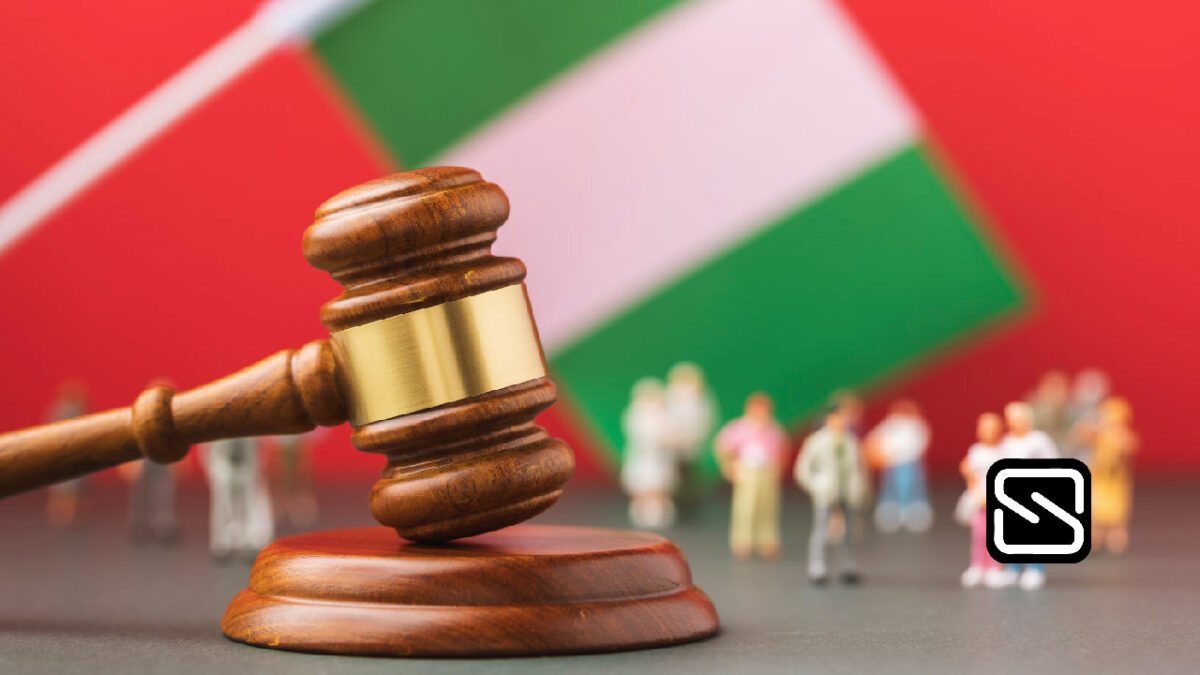The market regulator in Nigeria has issued a new set of regulations for digital assets showing one of the continent’s leading adopters of crypto is still looking to strike a balance between an outright ban on crypto-assets and their unregulated use.
In February 2021, the Central Bank of Nigeria released a circular addressed to banks and other financial institutions with the directive that transactions in cryptocurrencies and facilitating payment for cryptocurrency exchanges were prohibited.
Much as the Nigerian Government had issued this ban on decentralized cryptocurrencies, this did not deter its efforts to launch the eNaira as the digital version of the nation’s existing currency in October 2021.
The eNaira was supposed to improve financial service delivery in Nigeria but faced its own challenges like infrastructure issues and the reliance on an external service provider that made many question whether this was the best use of the national resources.
However, in October 2021 still, the Global Crypto Adoption Index released by Chainalysis showed that Nigeria ranked 6th out of 154 countries ranked in terms of adoption of crypto. Crypto usage had actually accelerated since the government ban.
It is no surprise that the young tech-savvy population was quick to shift to alternatives like peer-to-peer trading services still provided by crypto exchanges in order to bypass the financial sector ban.
Nigeria’s Securities and Exchange Commission (SEC) thus went on to publish the “New Rules on Issuance, Offering Platforms and Custody of Digital Assets” on its website on 13th May 2022. Take a look at them here.
In a 54-page document, the regulator details registration requirements for digital assets offerings and custodians, regulations for operating a digital asset exchange and token issuance regulations.
The additional registration requirements are to serve in addition to the existing regulations and all licenced users, companies or other entities are expected to comply with the anti-money laundering standards and regulations to combat financial terrorism.
While the original crypto ban appeared to be a step away from crypto, the new regulations appear to be in place to cover safety concerns that the Nigerian Government has to allow its people to safely participate in the expanding space of Web3.
